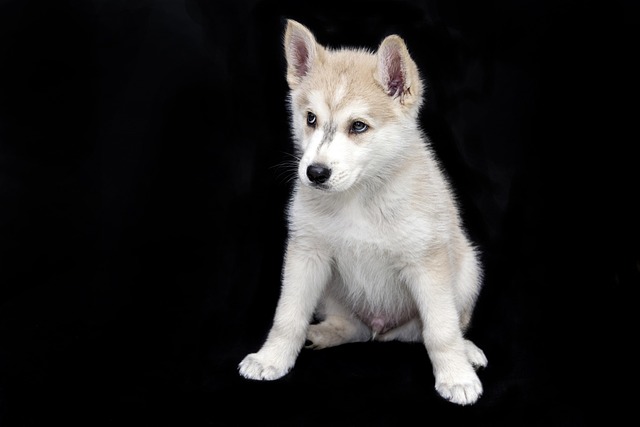
How do i train my dog to be obedient?
Watching your dog dart across the park ignoring your calls isn’t just frustrating—it can put them at risk near busy streets or public spaces.
New puppy owners often find themselves counting the minutes between accidents, wondering when their fuzzy bundle will finally "get it" with potty training. The timeline varies more than you might expect, but understanding what drives a puppy’s progress can make the process less frustrating.
Most puppies start showing signs of being ready around 8 to 12 weeks old, though don’t expect perfection right away. At this age, their tiny bladders can’t hold it for long—maybe 2 to 3 hours at most. That means frequent trips outside, especially after naps, meals, or playtime. Consistency is your best tool here: take them to the same spot each time, use a simple cue like "go potty," and celebrate like it’s a big win when they do their business there. Positive reinforcement, like a tiny treat or excited praise, helps them connect the action with good things.
By 16 to 20 weeks, many puppies start to grasp the routine. They might start circling or sniffing when they need to go, giving you a chance to hustle them outside. Some breeds catch on faster than others—smaller pups often take a bit longer because their bladders are tinier. Even so, accidents will still happen. If you catch them mid - mistake, calmly scoop them up and take them outside—scolding or rubbing their nose in it just confuses them. Clean up accidents with an enzymatic cleaner to erase the scent; otherwise, they’ll think that spot is fair game.
 It usually takes 4 to 6 months for a puppy to reliably hold it and signal when they need to go. But every pup is different—some might nail it in 3 months, others take 8 or more. Factors like how consistent you are, their personality, and even their health play a role. For example, a puppy with a urinary tract infection might struggle more, so if accidents seem excessive, a vet check is a good idea.
It usually takes 4 to 6 months for a puppy to reliably hold it and signal when they need to go. But every pup is different—some might nail it in 3 months, others take 8 or more. Factors like how consistent you are, their personality, and even their health play a role. For example, a puppy with a urinary tract infection might struggle more, so if accidents seem excessive, a vet check is a good idea.
Part of potty training success ties into understanding local norms. Many areas have rules about cleaning up after your dog in public spaces, so get in the habit of carrying waste bags from day one. It’s not just polite—it helps keep shared areas clean and avoids fines. Plus, teaching your puppy to go on command makes those quick walks in busy neighborhoods or parks much easier.
Patience is key here. There will be days when you think you’re taking steps backward, but that’s normal. As your puppy grows, their bladder control improves, and their ability to understand your cues gets sharper. Stay calm, stick to the schedule, and before you know it, you’ll be saying goodbye to pee pads and hello to stress - free walks. The day they trot to the door and bark to let you know they’re ready? It’s worth every accident along the way.

Watching your dog dart across the park ignoring your calls isn’t just frustrating—it can put them at risk near busy streets or public spaces.

New puppy owners often find themselves rushing to clean up accidents before they set in, and that’s where puppy pad training becomes a game-changer.

If you've noticed your dog's waistline disappearing and your veterinarian has mentioned those few extra pounds, your first instinct might be to simply reduce the amount of food in their bowl.

Training a dog to use a designated spot indoors isn’t as daunting as many new owners fear, but it does take consistency and an understanding of your pet’s needs.

That moment of dread on a walk is all too familiar for many new dog owners. You see another dog approaching down the sidewalk of your neighborhood

If the sight of another dog on your neighborhood walk makes your heart sink as your own dog erupts into a frenzy of barking and lunging, you're not alone.